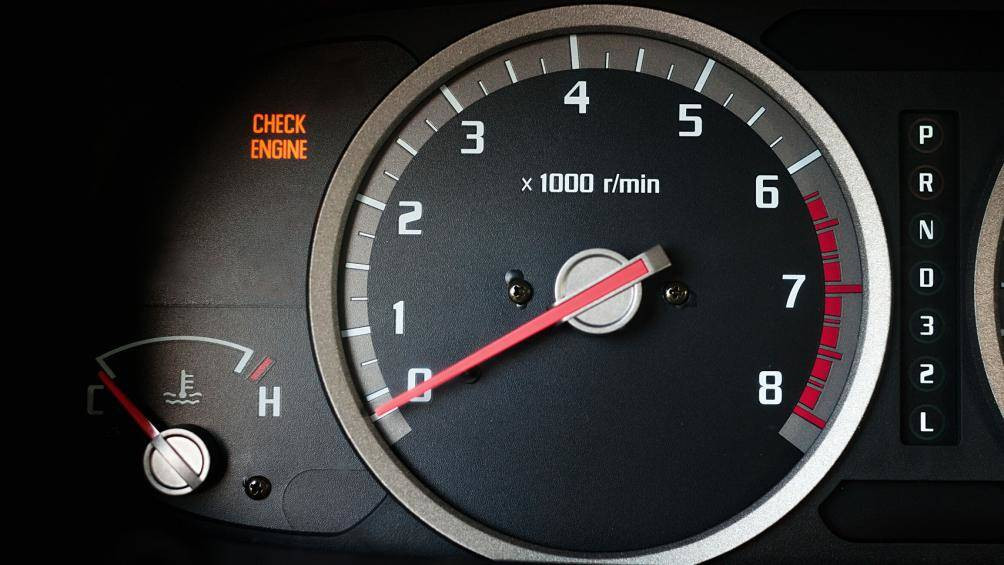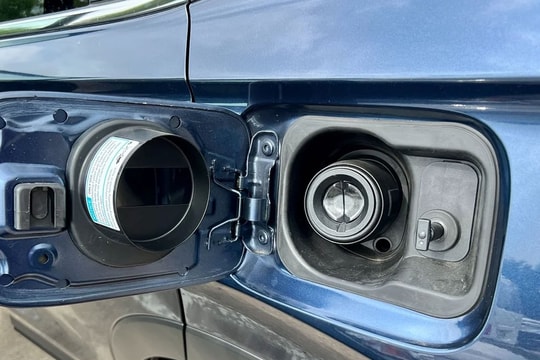How does an empty gas tank affect a car engine?
Trying to drive with an empty tank will cause a lot of damage, especially to the car's filter and motor.

The fuel pump is responsible for moving fuel from the tank to the combustion chamber, this is an important part. Trying to move with an empty tank will cause a lot of damage, especially to the filter and motor.
With a full fuel tank, the electric motor is cooled by the gasoline itself. Gasoline from the tank is drawn by a circular fuel pump. As it passes through the fuel pump to the engine, the fuel cools the copper coils.
When driving with an empty fuel tank, air, not liquid, passes through the fuel pump and has to do the work of cooling the copper coils in the fuel pump, which means they cannot remove heat from the coils as effectively, which can cause the electric motor to overheat and become damaged as the driver tries to move on the last drops of fuel.
In addition to the electric motor being overheated and easily damaged, operating the vehicle with too little fuel remaining will also cause the residue in the gas tank to be sucked into the pump to supply the engine.
This is a serious problem because metal fuel tanks tend to form deposits when the fuel level is low, and the internal surfaces are exposed to moisture and air, leading to corrosion. This is especially true for older cars.
When the sludge is sucked into the fuel tank, it will stick to the filter, causing the filter to become clogged and the fuel will not reach the combustion chamber, the vehicle cannot start. In addition, the fuel flow is obstructed by the sludge in the filter core, which will also affect the cooling of the fuel pump electric motor.
Therefore, you should not drive when the fuel level is too low, if you do not want to spend more money to change the fuel filter or fuel pump before the repair or maintenance period. Always observe the fuel gauge and refill when the gauge shows the minimum level.




